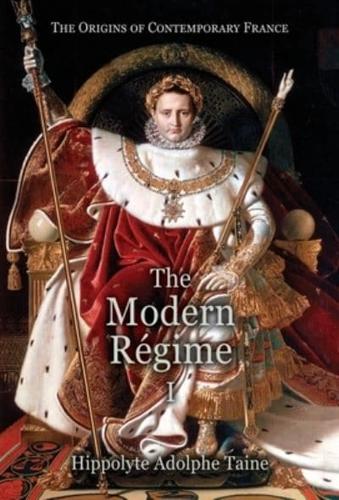Publisher's Synopsis
Volume five of Taine's Origins of Contemporary France arrives, finally, at the modern régime. This first of two volumes on the subject focuses on Napoleon and the system of government he implemented following the coup with which he brought down the Directory and ended the Revolution. Taine begins by offering a detailed psychological profile of the First Consul and then Emperor, making a fascinating historical assessment of his character and genius. Next follows an account of the formation and character of the new state, describing how Napoleon, with astonishing rapidity, asserted his authority, re-imposed order, and re-organised society for the 19th century--an extraordinary achievement, given the utter ruin and prostration brought about, first, by the long stultification of the ancient régime and, then, by ten years of revolutionary mania, which saw the systematic destruction of institutions, the economy, private and public wealth, public services, infrastructure, the rule of law, moral values, and human life. Taine then evaluates the objects and merits of the Napoleonic system, balancing them in the final chapters against its defects and effects, at the level of the commune, the departments, and local society. The church, public instruction, and the family are reserved for the second volume on the modern régime, the final one in the series.







